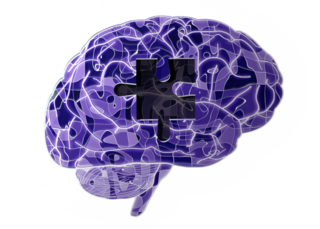Getting scientific help from amateurs has a long pre-internet history, from bird census-takers to astronomy hobbyists. Now researchers have created an online game in hopes of developing a cure for Alzheimer's -- using slides depicting mice brains. For some players, it has already proven an effective treatment for one of the disease's most insidious symptoms: helplessness.
From Wired:
Read Full Article »The crowdsourcing is already leading to results in the lab. Earlier this month, Michelucci announced that the Stall Catchers crowd had helped determine that stalls in blood flow are not associated with the amyloid plaques that are a hallmark of Alzheimer's disease—a finding that will help the Cornell researchers narrow down their exploration of treatment options. Michelucci and his team have held “catch-a-thons” across the world, and recruited players from over 14 countries. At peak moments of productivity, Stall Catchers players have completed a week's worth of lab research in a single hour.
It's still slow work; “disappointingly slow,” Nishimura says. A cure won't emerge tomorrow. With the help of Stall Catchers, the lab might be able to offer a treatment in a fraction of the time it would otherwise—but still, we're talking years. For people like Judy and Steve Johanson, however, that could make a difference.





